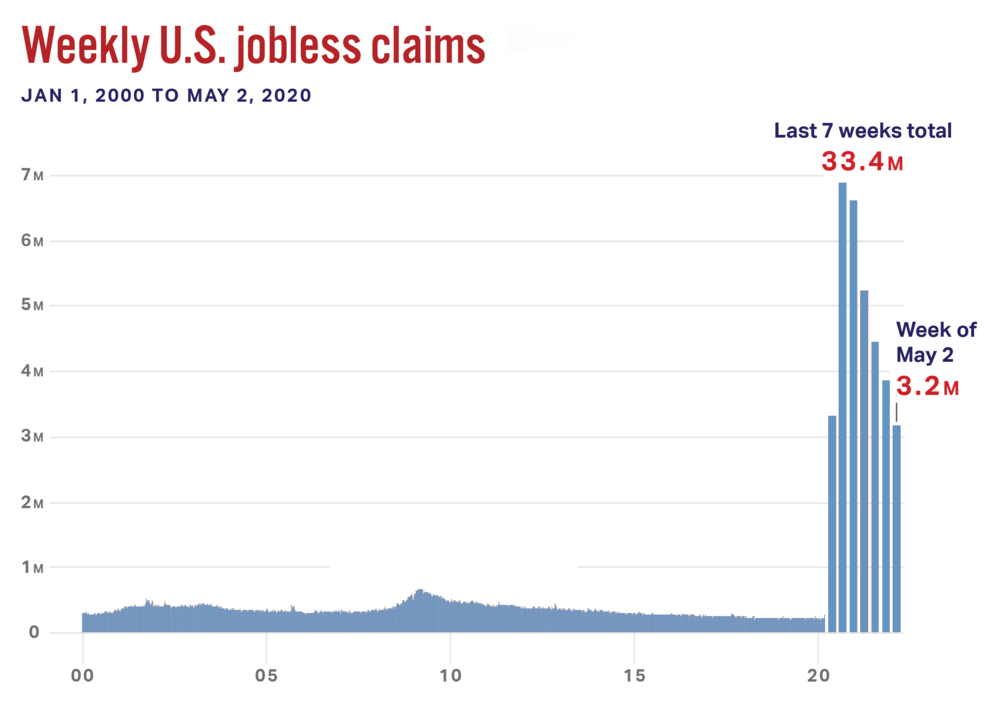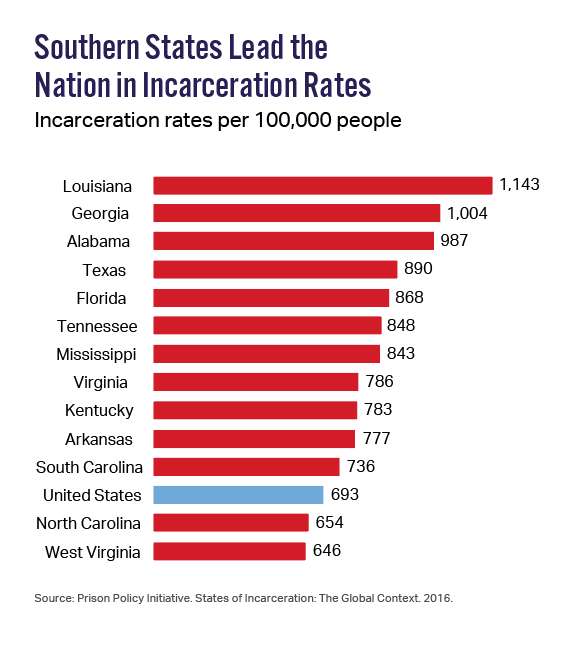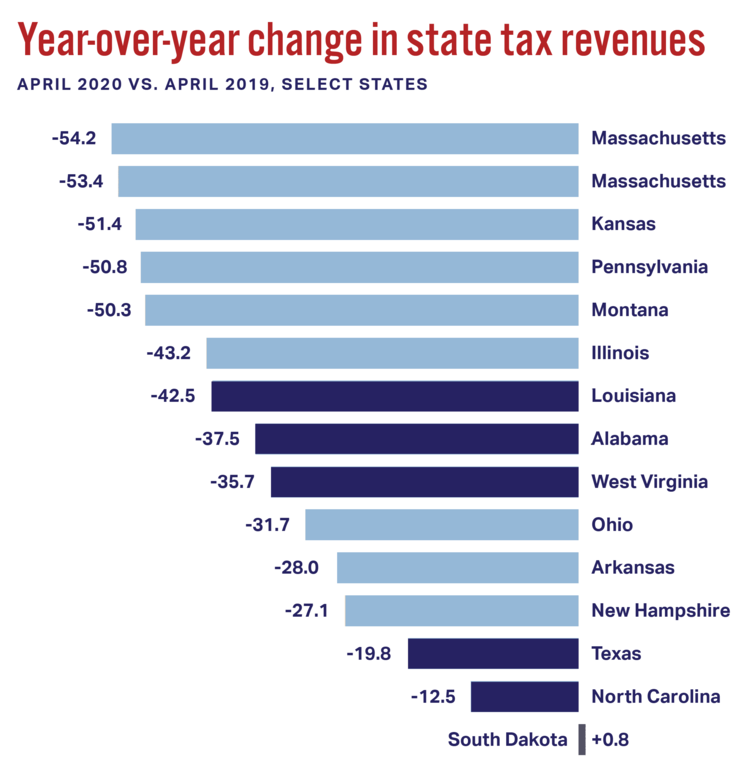The much-anticipated, “phase four” coronavirus relief package must be passed quickly and keep the safety and protection of frontline and essential workers at the forefront. They include doctors, nurses, home care workers and other healthcare workers, grocery store and drug store employees, domestic workers, food service workers, federal, state, and municipal employees, janitorial staff, farmworkers, delivery drivers, warehouse workers, transportation workers, and child care workers. Public safety personnel, including police officers, firefighters, emergency medical services, and other first responders that serve our communities also need better protections. The current crisis shines a spotlight on undeniable racial and economic disparities when we examine who is working on the front lines compared to who is able to work from the safety of their homes.
We must use data to recognize the racial implications of our current circumstances. In the South, these frontline sectors are made up of large percentages of people of color. Fewer than 20 percent of Black Americans have jobs that allow them to work at home. Many Black workers are concentrated in public-facing jobs, working in mass transit, home healthcare, retail, and service, where social distancing is virtually impossible. Black Americans make up the majority of those incarcerated and in the homeless population as a result of decades of structural racism. Social distancing is near impossible in our prisons, jails, and homeless shelters, and extra support is required to ensure the safety of those populations.
Beyond a lack of essential worker protections, the economic situation is stark. Over 30 million Americans have filed for unemployment aid since a national emergency was declared due to the COVID-19 pandemic, representing approximately 20 percent of the labor force. These layoffs will continue as diverse business sectors respond to the impact of the crisis. It has been predicted that over 47 million jobs could be lost next quarter, resulting in an unemployment rate worse than during the Great Depression. The high rate of unemployment has overwhelmed state systems, making it difficult for Americans to access the help they need. Coupled with the extended waiting periods to receive federal stimulus assistance, many Americans are having to face decisions that were unthinkable just two months ago. Food security has become a concern. With a loss of jobs, it has been predicted that over 18 million Americans may lose employer-sponsored healthcare. Specific populations, including young adults, Black Americans, and Latinos are at higher risk of losing their employment due to the types of industries they work in. And in the South, workers are also predicted to be more disproportionately impacted by job loss, because the retail, service, and hospitality sectors, which are those tied to the lowest wages, dominate private-sector employment in the region. Now more than ever, people need to get the care they need, whether they’ve recently lost coverage or whether they’re chronically uninsured or under-insured.
Although Congress has established some emergency leave policies, increased funding to state unemployment systems, and provided more funding for childcare services and food assistance, these measures are temporary, do not include all workers, and do not address long-term needs. Unemployment insurance, in particular, can both provide immediate support to families and help stabilize our economy, but only if lawmakers act immediately to strengthen protections for unemployed workers. We must push Congress to pass additional legislation focused on saving our economy that prioritizes worker protections by making policies and investments that protect people first. We must, together as a nation, work to ensure that the economic fallout from this crisis does not land on the shoulders of workers and their families.
State and local governments stand to lose billions of dollars in revenue as a result of the shutdown of businesses and organizations caused by COVID-19. Several have begun revising their budgets and made spending cuts that will negatively impact critical public services. As the consequences of this public health emergency come more into perspective, it is essential that local elected leaders ensure that city and county budgets address COVID-19 related economic impacts through a racial equity lens to reduce potential harm to under-served and marginalized individuals and communities. State and local governments will need more direct aid to continue providing core services in the short term.
Finally, this crisis has exposed severe risks to the prison population. Additional reforms to the criminal justice system are now being made in some instances in response to COVID-19.



